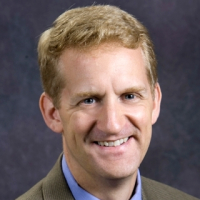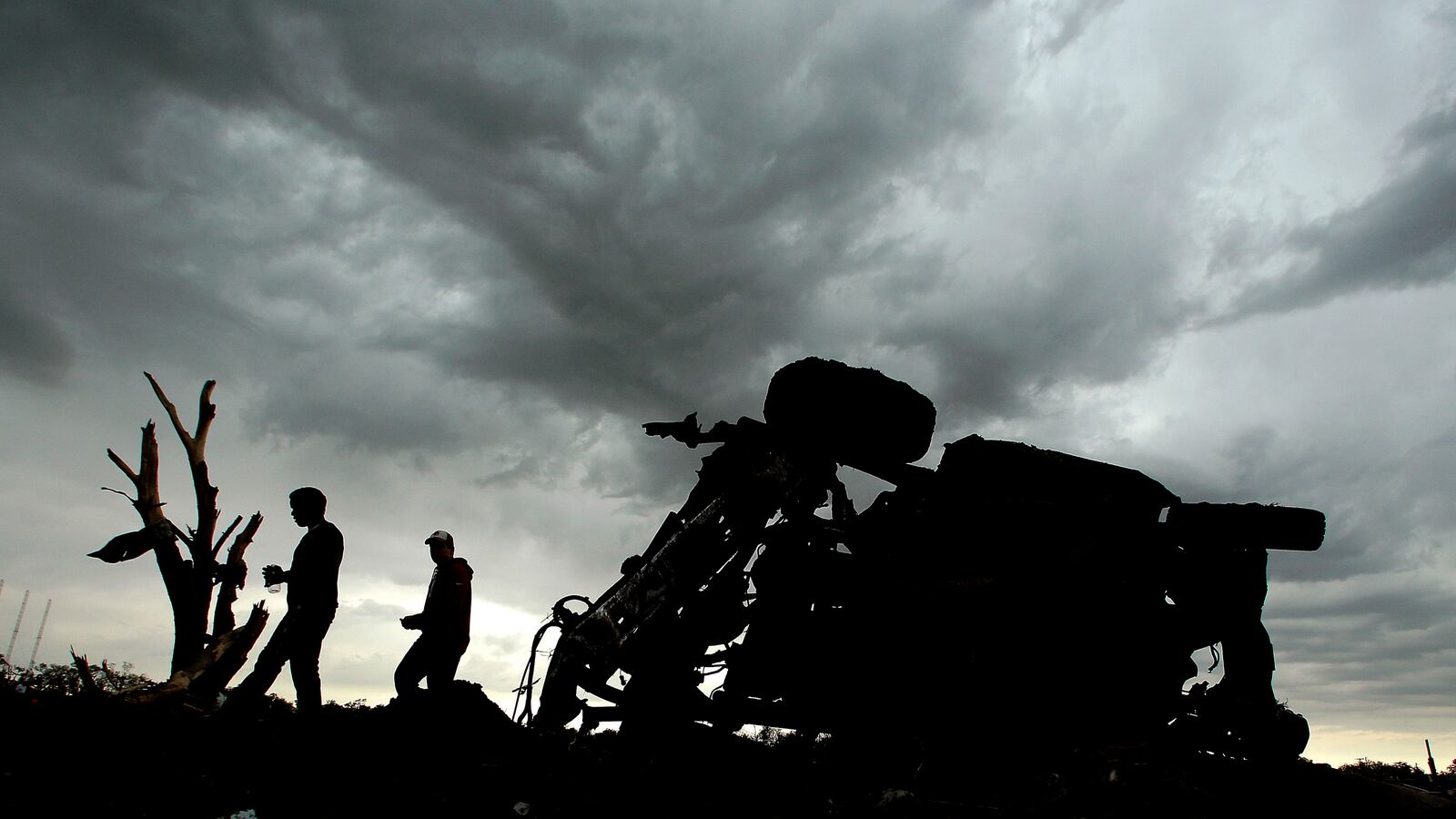It seems that every major weather-related event becomes a skirmish in the climate-change wars. The terrible tornado that hit Moore, Oklahoma is no exception. Sen. Sheldon Whitehouse of Rhode Island, for example, suggested a connection between the tornado and climate change. Climate change deniers responded in the usual way, with accusations of fear-mongering.

With respect to the connection between climate and tornadoes, things seem to have already settled down and most media discussions seem to be getting the question about right. Given the current state of our scientific knowledge, we cannot say with any confidence that climate change makes tornadoes stronger or more common. Tornadoes require two things—energy and wind shear. Climate change increases the available energy, but reduces the wind shear, making the net result hard to predict.
There is, however, a larger lesson to be learned here. It is simple and obvious, but it is often ignored: on questions of climate science, we should listen to climate scientists. Let me first explain this lesson and second suggest how you can, in less than 60 seconds, do your own investigation to see what scientists think about climate change.
The first thing to notice is that when we want to know if tornadoes are related to climate change, we turn to scientists. Take, for example, Harold Brooks, a scientist from the National Oceanic and Atmospheric Administration’s National Severe Storms Laboratory. He sees no evidence that climate change is making tornadoes more common or more severe. The United Nations Intergovernmental Panel on Climate Change (PDF) has the same view, stating in 2012 that it did not see evidence that climate change increased the risk of tornadoes. You hear the same thing from Marshall Shepherd, President of the American Meteorological Society, who tweeted that there is “No link to tornadoes.”
Suppose you thought you might have a transmission problem with your car, but your mechanic—who stands to make money if you need a new transmission—told you it was something very minor that could be fixed for almost nothing. Wouldn’t that make you trust him? Wouldn’t you want to ask his opinion the next time you thought you might need a new transmission?
In that spirit, let’s see what the three sources mentioned above say about climate change in general. Brooks has no doubt about the larger climate change question. “It’s abundantly clear that the surface temperature has increased, and will continue to increase, and the overwhelming evidence is that it’s due to human activities.” The IPCC is an intergovernmental body set up for the purpose of studying climate change. It is one of the most important sources of scientific information about climate change and believes it to be a critical problem. In a briefing to a committee of the United States Senate in February, Shepherd stated that “Most of the warming of the past 50 years is due to human activity,” and that “climate change is increasing the probability of extreme events.”
A scientist can believe that climate change is happening and is important while at the same time recognizing that there is simply not enough evidence to conclude that it makes tornadoes worse. This sort of balanced position is much harder for a zealot. There are plenty of people on both sides of the climate change debate who are zealots, but we should try to ignore them and listen to the scientists.
It turns out that almost all of the scientists are on one side of the issue—virtually all of them believe that the climate is changing and that human activity is responsible. But you do not have to take my word for it. Here is how you can do your own research in just a few seconds. Pick a university respected for its academic quality. Go to its website and search for “climate change research.” You will almost certainly find links to relevant research. Just by looking at the webpages you find or the titles of listed research projects, it will be clear that the scientists themselves are not fighting about whether climate change is real. They are investigating its causes, its consequences, or perhaps what to do about it, but not whether it is happening.
The people who are led by evidence already know man-made climate change is happening and that it is a major global challenge. When they tell us that climate change is not connected to tornadoes, they establish credibility. When they tell us that climate change is a problem of the first order that we need to address, we should listen.





